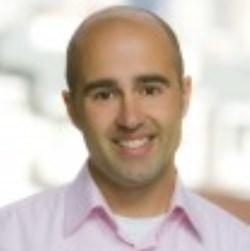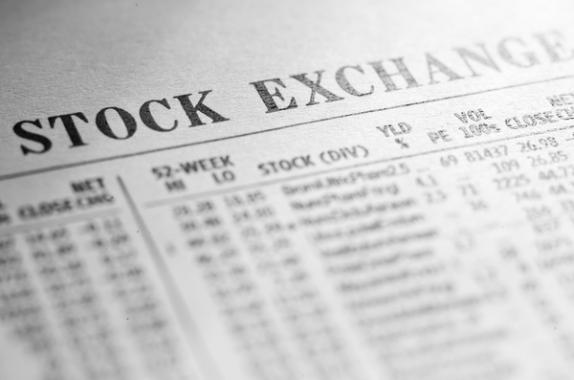Arkan Kayihan

Arkan received his ChE degrees from the University of Washington (BS, 1996) and Purdue University (MS, 1998). Upon graduation he worked for six years in process improvement & business development capacities at Aspen Technology. He then went on to get his MBA from the University of Washington (2006) where he has since focused on management and marketing strategy.
He is also a co-author of the advanced process control chapter of Lyle Albright's Chemical Engineering Handbook (CRC Press). Currently, Arkan is an internal management consultant at the nationally ranked University of Washington Medical Center where he is improving patient outcomes and the hospital's bottom line. In his spare time, he is the board president of the Seattle area sustainability non-profit: Network for Business Innovation & Sustainability (www.nbis.org).









